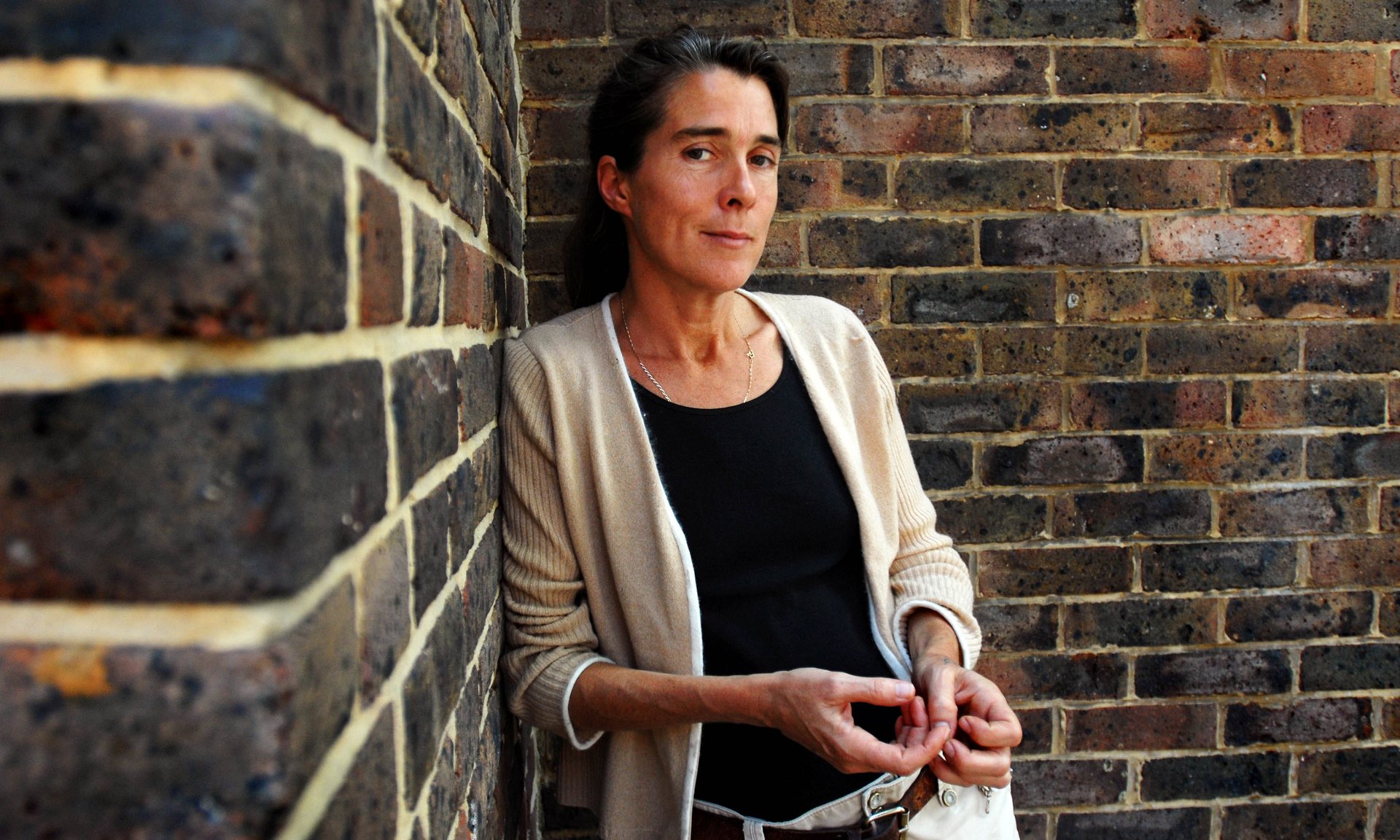
Essential Doc Reads is a weekly feature in which the IDA staff recommends recent pieces about the documentary form and its processes. Here we feature think pieces and important news items from around the Internet, and articles from the Documentary magazine archive. We hope you enjoy!
At The Guardian, documentary-maker Molly Dineen gets candid about her reasons for shooting a corporate promo film.
The film clearly does an excellent job of showcasing the handful of Serco employees who appear as humane and thoughtful people; it made the audience laugh and was unexpectedly moving. Less clear is why such a respected, independent film-maker took Serco’s commission. Dineen cheerfully refers to the job as a bit of "prostitution," and makes it clear that it isn’t a documentary. "You can’t call it a documentary; there is no spirit of inquiry. I am doing something for a particular reason – the company has self-loathing issues," she says.
Richard Brody of The New Yorker argues that critics’ emphasis on the weeklong theatrical release leaves out small movies of significant merit.
It’s up to critics and editors to acknowledge what was already clear in 1969—the realm of movies, their substance and their distribution, has changed drastically, and the practice of criticism needs to catch up with it. What’s both stressful and great about this prospect is that it vastly expands the pool of movies at hand. Critics can no longer keep their heads down and look at a fixed and stable list of releases; they have to do some research and some extra viewing to determine what constitutes, in their eyes, the day’s notable releases. This practice would shift power away from industry executives in determining what’s reviewed.
In a response to Richard Brody, Sam Adams of Indiewire contends that the economics of online media make it difficult for critics to cover smaller movies.
For criticism to flourish, it needs to be sustainable, and that means rethinking not just what critics write about (and editors assign) but how they write about it, not just lifting their heads above the release calendar to the list of lower-profile releases, but looking beyond both to the culture at large, sometimes joining the conversation where it is instead of changing the subject. I'm all for critics having more power, but writers only have power if they're read.
KQED profiles Noel Schwerin, whose documentary In an Ideal World spends seven years documenting life inside California’s Soledad Prison.
"It’s impossible to spend time at a prison without getting an incredible sense of the enormous humanity behind bars," says Schwerin. "That was a big part of what I was interested in. What does it take to maintain that balance of human beings on both sides of the bars? It was a way of bringing people past the fear and the stereotypes."
At The New York Times, J. Hoberman reviews Criterion’s home video release of The Kennedy Films of Robert Drew & Associates.
Of the four, Primary has the most historical value — not just as a record of Kennedy in campaign mode but also as a pioneering example of American cinéma vérité. In 1961, Film Culture magazine awarded Primary its third independent film award, for heralding an era "when a filmmaker can shoot his film, with sound, alone and by himself and unobtrusively, almost the same way as a poet observing a scene." Certainly, Primary helped change the nature of documentary filmmaking. Empowered by hand-held cameras and portable sound equipment, three members of Mr. Drew’s team — Richard Leacock, Albert Maysles and D. A. Pennebaker — would soon be recognized as leading practitioners of the form.
"Corporate sponsorship is as old as Robert Flaherty's 1922 epic Nanook of the North, which was funded by Revillon Freres, a French fur company. While corporate sponsorship of documentary films is viewed by some as the ultimate sell-out, smart documentary filmmakers are taking advantage of the convergence of reality and advertising."
Documentary Filmmaker Wins Nevada Shield Law Protection Ruling
read more
Kodak and Kickstarter Launch Program for Indie Filmmakers to Shoot on Film
read more
Academy Asks Members for Résumés to Determine Voting Eligibility
read more